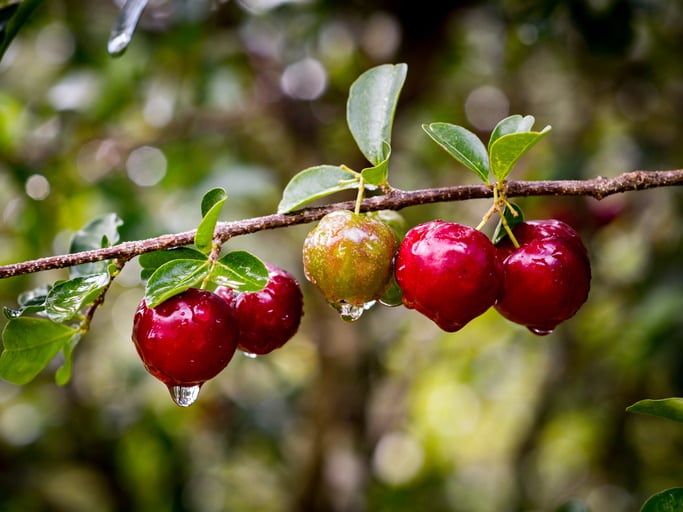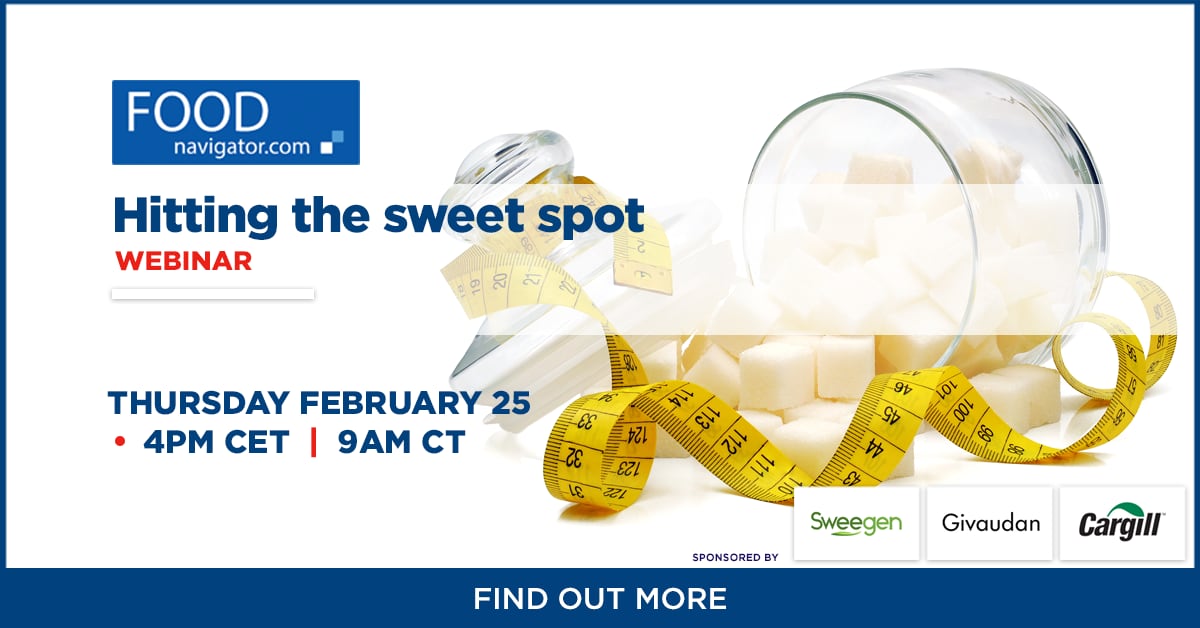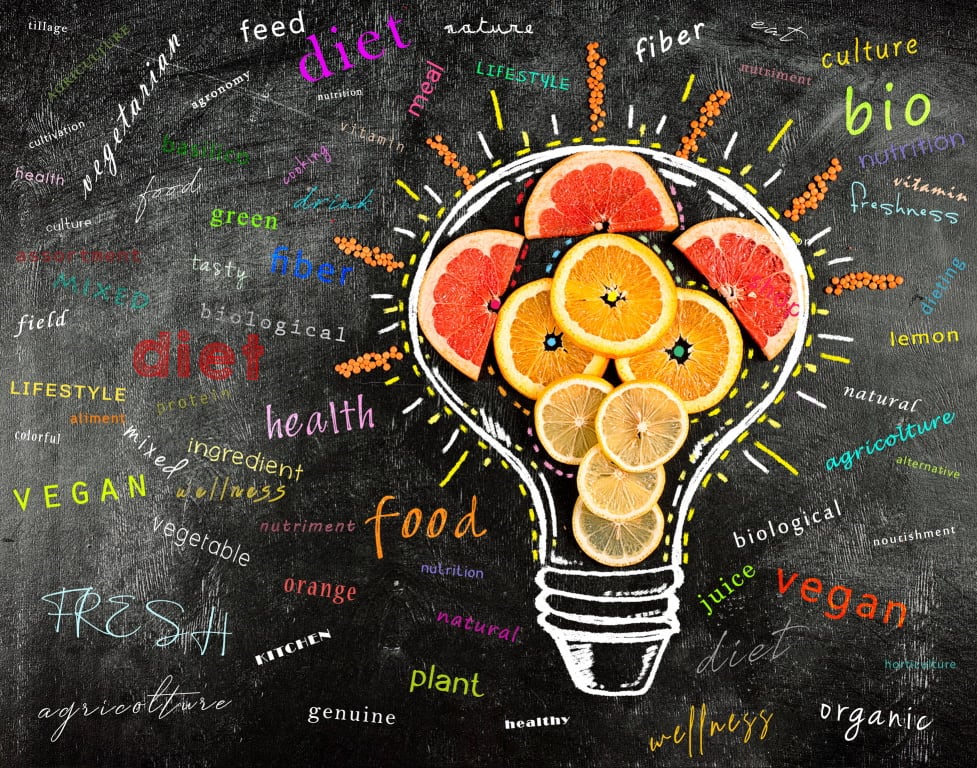Producing ‘clean label’ products has been a bellwether of food industry innovation for years. And while clean label may lack a clear definition, the consensus is it has a distinct meaning for consumers: ingredients they recognise back of pack.
But food innovators are working on shifting sands. Fickle public opinion is shaped by events and meeting elevated consumer expectations remains a moving target. The meaning of ‘clean label’ is a work in progress.
Radical transparency and the evolution of ‘clean living’
2020 was rocked by the global COVID-19 pandemic. International lockdowns and efforts to supress the virus have come to shape the lived experience of consumers around the world. Unsurprisingly, this has meant a step-change in the relationship people have with diet and health.
For Innova Market Insights, one of the major consequences is that consumers are doubling down on transparency in 2021.
“Transparency throughout the supply chain will dominate in 2021, with consumers searching for brands that can build trust, provide authentic and credible products, and create shopper confidence in the current and post-COVID climate,” according to Lu Ann Williams, Director of Insights and Innovation.

The desire for transparency is, on the one hand, tied into growing consumer concerns around sustainability and ethically produced foods. It also has significant implications for clean label.
According to the Innova Consumer Survey 2020, six in ten global consumers are interested in learning more about where foods come from. “Increasing transparency to meet evolving ethical, environmental and clean label consumer demands is key,” the researchers suggested.
The consumer lifestyle trend toward cleaner living is broadening. Expectations around what constitutes a clean label have been heightened to include aspects including ‘human and animal welfare, supply chain transparency, plant-powered nutrition and sustainable sourcing’.
Solutions include pairing new packaging technologies - such as invisible barcodes and near-field communication technology - with ‘meaningful’ storytelling, the market research company indicated.
The expectation that food labels should provide greater transparency around the product lifecycle is also driving demand for greater clarity on what goes into food – the essence of clean label – and prompting consumers to seek more information about where ingredients come from.
This is propelling interest in locally sourced ingredients. According to the recent Euromonitor International Health + Nutrition Survey, 26% of global consumers now look for the country of origin on food and drink labels.
Naturally healthy food: ‘The next generation of pioneering products’
COVID-19 has also vastly accelerated consumer interest in diet and health, with a considerable up-tick in the number of people who expect the food they eat to deliver functional benefits, including immunity.
Research from Global Data suggests 60% of consumers worldwide proactively look for products that improve their health.
This trend is supported by data from ingredient supplier ADM, which reveals 31% of consumers are purchasing more items tailored for their health, and 50% report a preference for foods and beverages that ‘naturally contain beneficial ingredients’.
“The global health crisis has changed consumer preferences in new and unexpected ways,” observed Vince Macciocchi, ADM President of Nutrition. “We are seeing a heightened demand for foods and beverages that support immune systems, enhance our mood and reduce our environmental impact, driven in part by emerging human tensions. This has provided a unique opportunity for brands to develop disruptive new products that will forever change the way we eat and drink. It’s going to be a year of innovation, marked by significant breakthroughs in nutrition.”
ADM identified the greatest innovation opportunities in nutrient-dense products with functional health benefits aimed at supporting immune systems, enhancing mood and sustaining energy.

German ingredient manufacturer Döhler Group also believes a jump in demand for functional food and beverages will deliver ‘the next generation of pioneering products’.
In its Product Trends 2021 Report, Döhler highlights the convergence of expectations involving health, naturalness, plant-based nutrition and sustainability. The natural ingredients supplier highlights a number of ingredients it expects to resonate, including tea infusions, botanical extracts, cereals, nuts and pulses, juices and purées and functional fruit powders.
The company also underlined the potential of ‘superfruits’ such as baobab and elderberry in this context because they are perceived to have health-promoting properties. “The acerola cherry is another superfruit and a true vitamin C blast, with 100 g of the fruit containing an average of 1,700 mg of natural vitamin C, making it the fruit with the highest vitamin C content in the world. When adhering to specific dosages, this completely natural trend ingredient allows you to make claims in line with the Health Claims Regulation,” Döhler noted.
Plant-based potential for clean label innovation
While health and environmental concerns are contributing to new understandings of clean label, they are also boosting interest in the plant-based space.
Globally, 56% of consumers are trying to eat more plant-based foods and beverages, pushing alternative proteins into an increasingly mainstream phenomenon, ADM research reveals.
Innovation in plant-based is moving beyond the bun, with the development of ever-more meat-like analogues, including work on whole muscle cuts, as well as seafood and dairy analogues. But does this fast-paced innovative category fly in the face of clean label trends?
KRÖNER-STÄRKE Commercial Manager Henrik de Vries believes that the greatest potential for innovation lies in products that deliver on both.
“The market for vegan products is growing rapidly - people are searching for products which are close to the products they consumed before moving to vegan. There is also a strong consumer move towards natural healthy products (clean-label, low salt and reduced sugar). This trend has existed for a number of years now and continues to become more and more important as consumers become more conscious of the wider impact. One of the challenges associated with the production of vegan alternatives concerns consumer apprehensions about their sometimes artificial and highly processed nature,” he told FoodNavigator.
In response to this, de Vries said KRÖNER-STÄRKE is focused on seeking out ‘ways to provide sustainably produced ingredients that meet consumer trends without compromising on taste or technical quality’. Marrying demand for plant-based with natural and clean label products is likely to prove fertile ground for future innovation.




